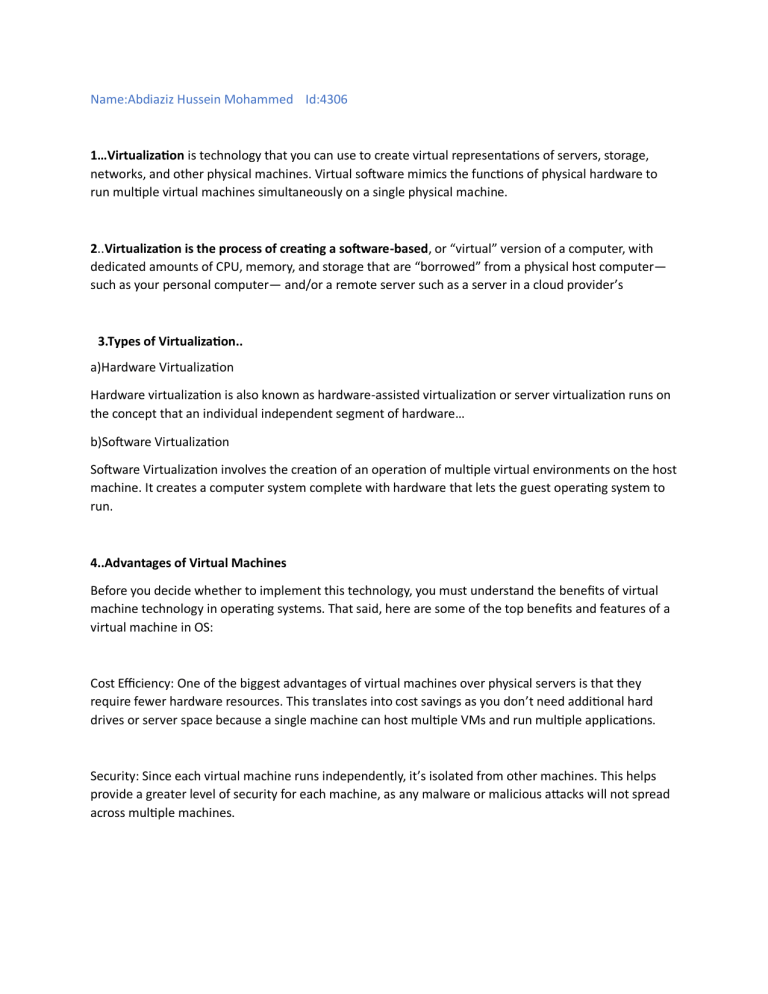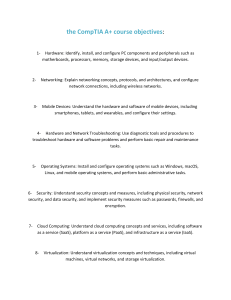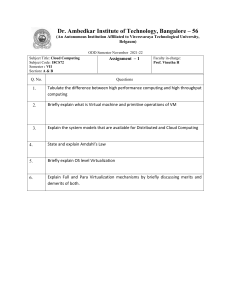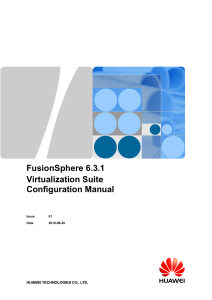
Name:Abdiaziz Hussein Mohammed Id:4306 1…Virtualization is technology that you can use to create virtual representations of servers, storage, networks, and other physical machines. Virtual software mimics the functions of physical hardware to run multiple virtual machines simultaneously on a single physical machine. 2..Virtualization is the process of creating a software-based, or “virtual” version of a computer, with dedicated amounts of CPU, memory, and storage that are “borrowed” from a physical host computer— such as your personal computer— and/or a remote server such as a server in a cloud provider’s 3.Types of Virtualization.. a)Hardware Virtualization Hardware virtualization is also known as hardware-assisted virtualization or server virtualization runs on the concept that an individual independent segment of hardware… b)Software Virtualization Software Virtualization involves the creation of an operation of multiple virtual environments on the host machine. It creates a computer system complete with hardware that lets the guest operating system to run. 4..Advantages of Virtual Machines Before you decide whether to implement this technology, you must understand the benefits of virtual machine technology in operating systems. That said, here are some of the top benefits and features of a virtual machine in OS: Cost Efficiency: One of the biggest advantages of virtual machines over physical servers is that they require fewer hardware resources. This translates into cost savings as you don’t need additional hard drives or server space because a single machine can host multiple VMs and run multiple applications. Security: Since each virtual machine runs independently, it’s isolated from other machines. This helps provide a greater level of security for each machine, as any malware or malicious attacks will not spread across multiple machines. Flexibility: This is one of the advantages of virtual machines in cloud computing. Since virtual machines are software-based, it is easy to spin up new ones if needed. This makes it incredibly convenient to scale your computing resources per your needs without purchasing additional hardware. Disadvantages of Virtual Machines Performance Issues: Although virtual machines can benefit businesses in terms of cost efficiency and flexibility, they can also cause performance issues if not configured properly. Since multiple virtual machines share the same hardware resources, it can lead to decreased performance and efficiency. High Initial Costs: Implementing virtual machines can be expensive as you must purchase the VM software and storage space. This makes it costlier than installing physical servers for each application. The disadvantages of virtual machines in cloud computing include the cost of cloud hosting platforms. Security Risks: Although VMs are more secure than traditional physical servers, they still come with security risks, such as malware and malicious attacks within the virtual environment. To ensure maximum security, it is important to configure the VMs properly and use advanced security tools. Complexity: Virtual machines are software-based and can be complex to understand. Therefore, you need expert help to configure and manage these systems. This can be very costly if you don’t have an inhouse IT team.


